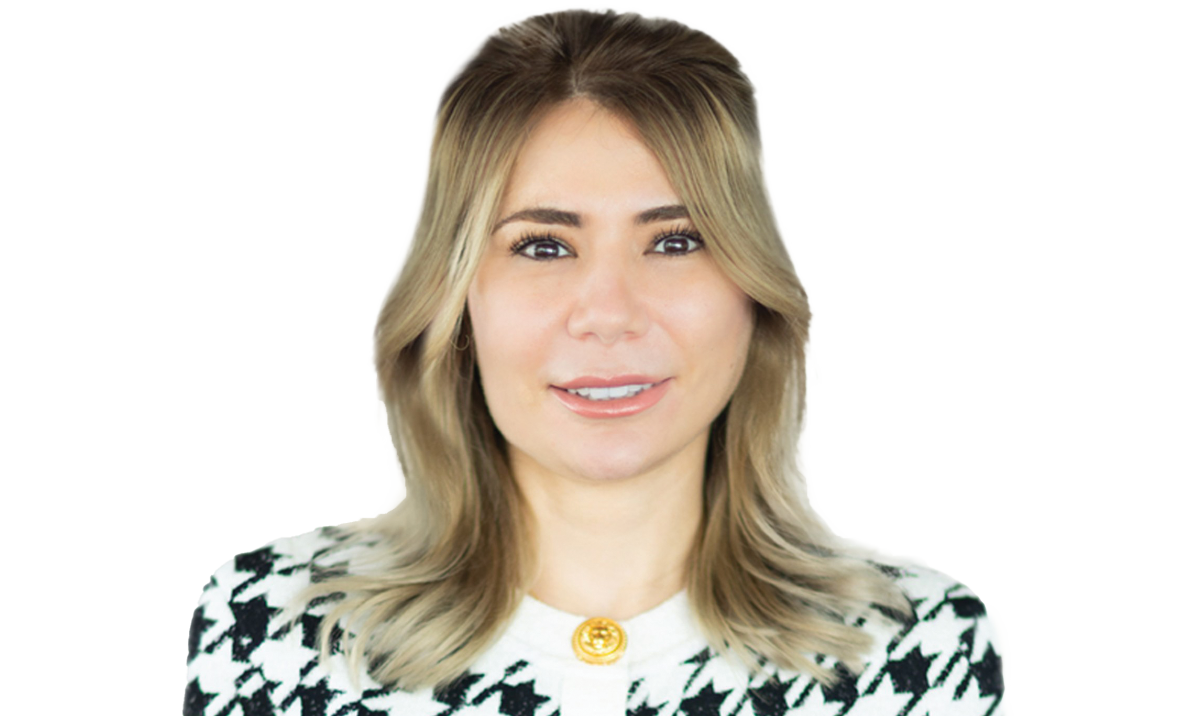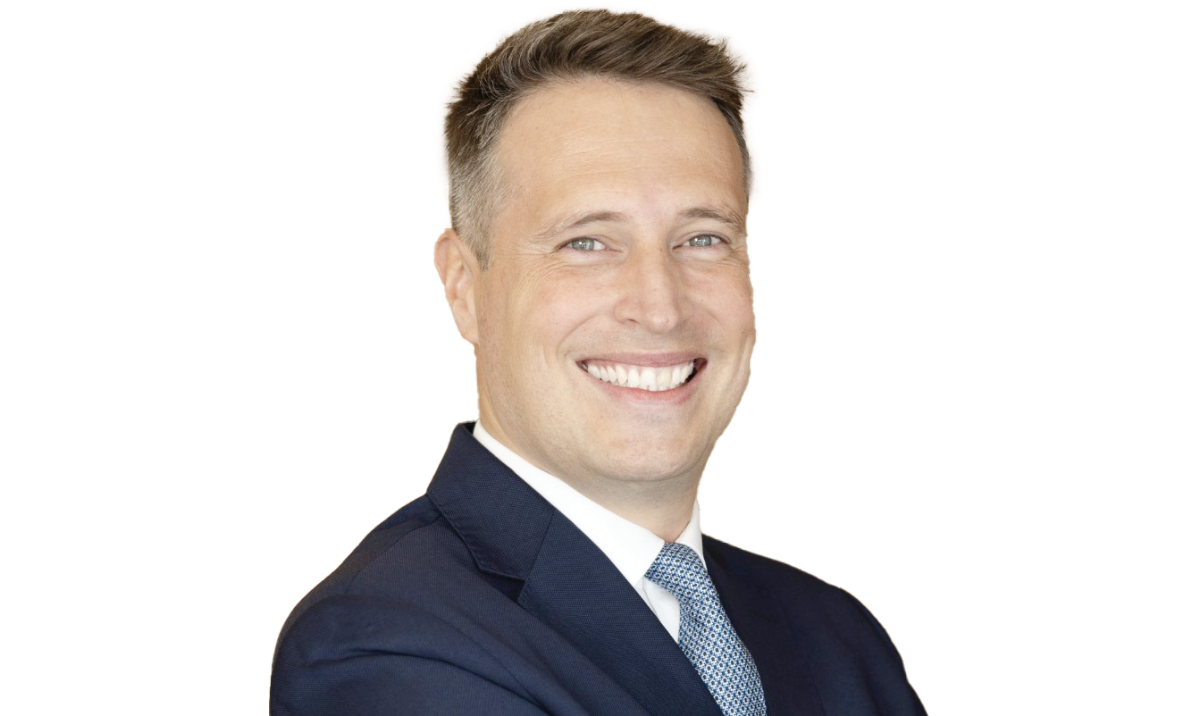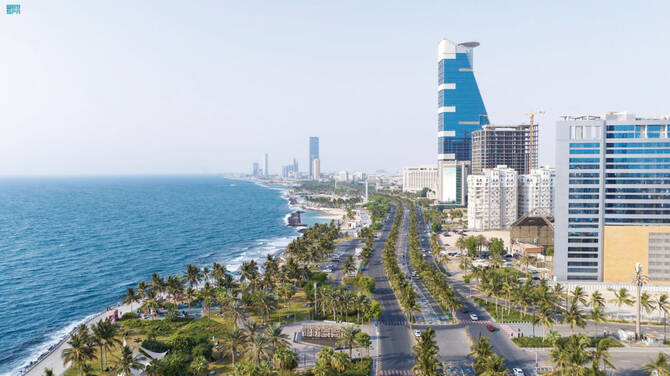RIYADH: Amid the mergers and acquisitions boom in Saudi Arabia, the approval of economic concentration requests by the General Authority for Competition is reshaping the country’s business landscape, signifying a strategic shift toward market consolidation and growth.
Such oversight is required in the M&A market to ensure that they do not create monopolies or disrupt market competition.
Saudi Arabia saw a 17.4 percent surge in these approvals in 2024, reflecting the Kingdom’s efforts to strengthen its competitive business environment.
The rise aligns with GAC’s goal of implementing competition-enhancing policies, combating illegal monopolistic practices, and improving market performance to boost consumer and business confidence, attract investment, and promote sustainable development.
Economic concentration requests approved impact on Saudi Arabia’s business landscape
The increasing number of economic concentration requests approved by GAC marks a significant shift in Saudi Arabia’s business landscape, signaling a trend toward strategic consolidation.
According to Imad Matar, PwC Middle East deals advisory and transaction services leader, the firm’s 2024 TransAct Middle East Mid-Year Update revealed that the Kingdom recorded 224 M&A deals valued at $ 7.6 billion in the first half of 2024, reflecting a 19 percent surge compared to the previous year.
“This surge in deal volume, alongside regulatory approvals, indicates that businesses are focusing on scaling up and enhancing their competitive market positioning, aligning with the Kingdom’s Vision 2030 goals,” Matar said.
“For local investors, this trend presents opportunities to form strategic partnerships, boost operational efficiency, and strengthen market presence. International investors will likely find Saudi Arabia increasingly attractive due to its favorable regulatory environment and growing focus on non-oil sectors,” he added.
The advisory and transaction services leader went on to note that the evolving business landscape offers diverse opportunities across industries such as technology, energy, and industrial manufacturing, which are central to the Kingdom’s economic diversification efforts. Martin Pavlica, principal at Kearney Middle East and Africa’s private equity and principal investors practice, explained that this shift indicates a more dynamic and competitive market environment in the Kingdom, thereby spurring an uptick in M&A activity.

By accelerating sectoral transformation and innovation, these deals will play a vital role in shaping the Kingdom’s long-term economic resilience.
Elif Koc, partner at Bain and Co.
“These developments align with KSA’s broader economic reforms and efforts to diversify the local economy under Vision 2030. Both local and international investors are increasingly encouraged to pursue deals and expand their presence in KSA,” Pavlica said.
“This, in turn, is also contributing to the strengthening of the local capital market and robust IPO (initial public offering) activity. We expect these trends to continue proliferating in the coming years,” he added.
The rise in economic concentration approvals also reflects the Kingdom’s evolving regulatory environment and growing investment activity.
Elif Koc, partner at Bain and Co., told Arab News that 2024’s dramatic increase in strategic inbound and domestic deal value benefits local investors by facilitating market consolidation and economies of scale, while international investors gain from increased regulatory transparency and investment clarity.
The partner highlighted that the largest deal in 2024 was Saudi Aramco’s $8.9 billion acquisition of Rabigh Refining & Petrochemical in the third quarter of the year.
“With the regulatory framework increasingly favoring competition and market efficiency, Saudi Arabia is expected to attract higher foreign direct investment, increase capital inflows, and strengthen corporate consolidation trends, further solidifying its position as a leading business hub,” Koc said.
According to Giuseppe Netti, head of Middle East and Africa sales at Bloomberg, there is increased deal-making across industries, which suggests companies — both domestic and international — are looking at consolidation as a way to scale, gain efficiencies, and compete more effectively.
“For local businesses, this creates a more competitive landscape that pushes firms to be more innovative and efficient. For international investors, it reinforces the idea that Saudi Arabia is actively shaping its regulatory framework to accommodate a growing economy, making it an increasingly attractive market for M&A,” Netti told Arab News, adding: “The key here will be ensuring that this wave of activity contributes to sustainable, long-term growth rather than short-term consolidation.”
Current trend of increased M&A activity in Saudi Arabia alignment with Vision 2030
The rise in M&A activity in Saudi Arabia closely aligns with Vision 2030, which aims to diversify the economy and reduce reliance on oil revenues.
PwC’s Matar highlighted that the company’s report shows that in the first half of 2024, sectors such as technology, industrial manufacturing, and energy led M&A activity, with technology alone accounting for $1.4 billion in deals.
“This trend reflects the Kingdom’s push to become a global hub for innovation, particularly in the tech and green energy sectors,” he said.
The PwC representative added: “The National Transformation Program, a core component of Vision 2030, continues to unlock new opportunities for growth and investment. By attracting both local and international investors, M&A activity is helping to build a more competitive market.”
Matar also emphasized that as these investments fuel growth in non-oil sectors, they are instrumental in transforming the Kingdom into a diversified and resilient economy.

These developments align with KSA’s broader economic reforms and efforts to diversify the local economy under Vision 2030.
Martin Pavlica, principal at Kearney Middle East and Africa’s private equity and principal investors practice
From Kearney’s perspective, the current trend of increased M&A activity aligns closely with Vision 2030 across three key areas: economic diversification, private sector enablement, and foreign capital attraction.
Javier Herrera, a partner at Kearney Middle East and Africa’s private equity and principal investors practice, said: “M&A activity in priority sectors such as technology, manufacturing, health care and logistics enables KSA to fully unlock their potential and support diversification objectives.”
As for private sector enablement, Herrera clarified that private sector companies can expand, innovate and become more competitive through M&A, which ultimately results in higher private sector contribution to gross domestic product.
On foreign capital attraction, he said: “Improved regulatory frameworks and economic policies have created a more business-friendly environment in KSA and positioned the country as one of the world’s most attractive FDI destinations.”
Bain and Co.’s Koc highlighted how energy, tech, and advanced manufacturing had seen strong growth in 2024, reflecting strategic shifts toward non-oil industries.
She said: “Outbound M&A transactions surged, with deal value for European targets increasing by over 100 percent YTD, while APAC deal value declined by 77 percent, indicating a preference for assets in Western markets. This shift supports Saudi’s ambition to integrate into global markets and enhance its investment footprint.”
Koc added that domestically, increased M&A contributes to job creation, technology transfer, industrial growth, and a more dynamic private sector, reinforcing Saudi Arabia’s non-oil GDP expansion goals under Vision 2030.
“By accelerating sectoral transformation and innovation, these deals will play a vital role in shaping the Kingdom’s long-term economic resilience,” the Bain and Co. partner added.
Netti from Bloomberg shed light on how, from an investor’s perspective, the fact that companies are actively looking to expand, consolidate, or enter the Saudi market shows confidence in the country’s economic trajectory.
“It also supports the development of more competitive local players who can contribute to a stronger, more diversified economy. However, while deal volume is an important indicator, what really matters is whether these transactions drive long-term value creation, job growth, and innovation,” he concluded in that regard.

Giuseppe Netti, head of Middle East and Africa sales at Bloomberg. Supplied
Long-term effects of the recent M&A boom shaping Saudi Arabia’s economy
Saudi Arabia’s M&A boom is likely to significantly shape the Kingdom’s economy and innovation landscape.
Matar explained that the PwC report showed that in the first half of 2024, the Kingdom’s M&A deals totaled $7.6 billion, with key sectors such as technology, renewable energy, and infrastructure leading the charge.
“As the country continues its transition toward a diversified economy, these investments will drive innovation in areas like AI, cloud computing, and green energy — key growth areas in line with Vision 2030. Saudi Arabia’s capital markets remain strong, with the Kingdom playing a pivotal role in regional M&A activity,” he said.
“The sustained growth in M&A transactions will bolster the Kingdom’s global competitiveness, reinforcing its position as a key player in regional and global markets. As the country strengthens its infrastructure and deepens its focus on non-oil sectors, Saudi Arabia is set to become an even more influential economic force, enhancing its competitiveness by 2025,” the PwC representative added.
Pavlica from Kearney projected that in the coming years, Saudi Arabia will see a marked increase in its industrial capabilities, localization efforts and advancements in innovation and technology.
“The recently announced $100 billion artificial intelligence initiative is set to drive cross-border acquisitions and partnerships, focusing on the transfer of cutting-edge technology and expertise to KSA,” he said, adding: “High-growth sectors including cloud computing and advanced manufacturing are expected to benefit significantly from foreign collaborations, fostering a robust local innovation ecosystem.”
Pavlica also believes that accelerated research, development, and commercialization of emerging technologies will further bolster Saudi Arabia’s global competitiveness.
Bain and Co.’s Koc explained how the Kingdom’s expansion into global markets through M&A activities signals a strong ambition for economic integration and leadership in key industries.
“Increased investments in R&D, renewable energy, and advanced manufacturing will boost innovation and industrial self-sufficiency, positioning Saudi Arabia as a high-tech and knowledge-based economy,” she said.
The Bain and Co. partner added: “As consolidation strengthens local enterprises, Saudi companies will become more competitive on the global stage, creating opportunities for international partnerships and capital inflows. With sustained M&A activity, the Kingdom is on track to solidify its status as a major global investment hub, securing the long-term economic impact of Vision 2030.”
If this momentum continues, key outcomes could include a more innovation-driven economy — with strategic M&A in sectors like fintech, AI, and renewables leading to more investment in R&D, making Saudi Arabia a hub for cutting-edge technology and entrepreneurship, according to Netti from Bloomberg.
It could also see stronger regional and global positioning as Saudi companies expand through acquisitions and become competitive on an international scale.
“It will also lead to a deeper capital market ecosystem. With increased M&A often comes stronger capital markets, attracting institutional investors looking for exposure to a fast-evolving economy,” said Netti.
The Bloomberg official warned that sustained momentum will require a balanced regulatory approach to ensure that M&A activity continues to support competition and economic resilience.
“Saudi Arabia is at a pivotal moment, and the focus should be on strategic transactions that drive real impact over the long term,” Netti said.



























